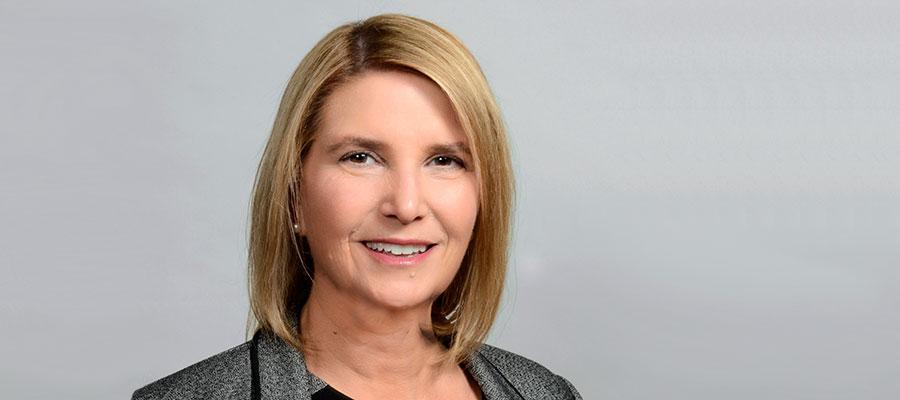NJ leader cites AHA TrendWatch as a resource to address workforce challenges

New Jersey hospitals employ more than 150,000 people, a significant portion of our state’s workforce. Because we are often the largest employers in our communities, hospitals share a responsibility for creating a motivated, highly skilled and dynamic workforce that improves both the community and clinical care.
The latest AHA TrendWatch on hospital and health system workforce presents several opportunities to combat challenges getting in the way of developing such a workforce. These challenges include burnout, financial pressures, workplace violence and fostering a diverse and inclusive environment.
One area New Jersey hospitals have championed is diversity and inclusiveness. The TrendWatch points to research that shows a diverse workforce leads to increased patient choice and satisfaction, especially in racial and ethnic minority populations.
We’ve directed our efforts in several ways, including engaging our current team members, both within the New Jersey Hospital Association and in concert with our members, in a self-examination of implicit bias and structural racism through our two-part conference series Patients, Prejudice and Policy; awareness is the first step toward change. And from the policy perspective, hospital and health system executives provided statewide leadership when they publicly supported a recent increase in New Jersey’s minimum wage, recognizing that our goal of good health is influenced by paying employees a livable wage.
In another example, we redesigned NJHA’s annual scholarship program to help entry-level employees envision a career journey in health care. Our new Pathway Scholarships are for those not only in baccalaureate and graduate programs, but also in certificate-level programs to help employees from diverse backgrounds and care settings grow their skills and advance their potential. The TrendWatch cites that 7.2% lab technician remain unfilled, and there is a growing need for administration and environmental services workers. Our program is designed to shrink that gap by showing there are jobs outside of nursing and physician roles.
As president and CEO of NJHA, I hope to see more progress in employee development, recognizing that the next big transformative idea may very well be germinating right now in a young professional in your organization. We must create a culture where those employees are supported and that we continue to listen – and learn – from one another. Creating a culture where people are respected and appreciated requires effort and investment. That culture of inclusion provides common ground and affects how we feel. In health care, an inclusive culture brings diverse backgrounds together and ensures that our different voices are heard, valued and acted upon. If we succeed, we have a workplace where employees flourish and demonstrate empathy, joy, laughter and compassion, rather than burnout. And as importantly, a workplace that benefits from ideas, innovations, skills and engagement.
This issue is close to my heart, and it’s why I sit on AHA’s The Changing Workforce Task Force. This group of 24 hospital and health system leaders will help AHA explore health care workforce challenges, identify future trends, recommend policy and advocacy changes as well as key operational considerations, and help raise awareness of workforce issues among the health care field. While we cannot fully predict what jobs hospitals will need in years to come, the AHA and hospital and health system leaders continue to work together to provide important and timely thought leadership on this topic.
Cathy Bennett is president and CEO of the New Jersey Hospital Association.

